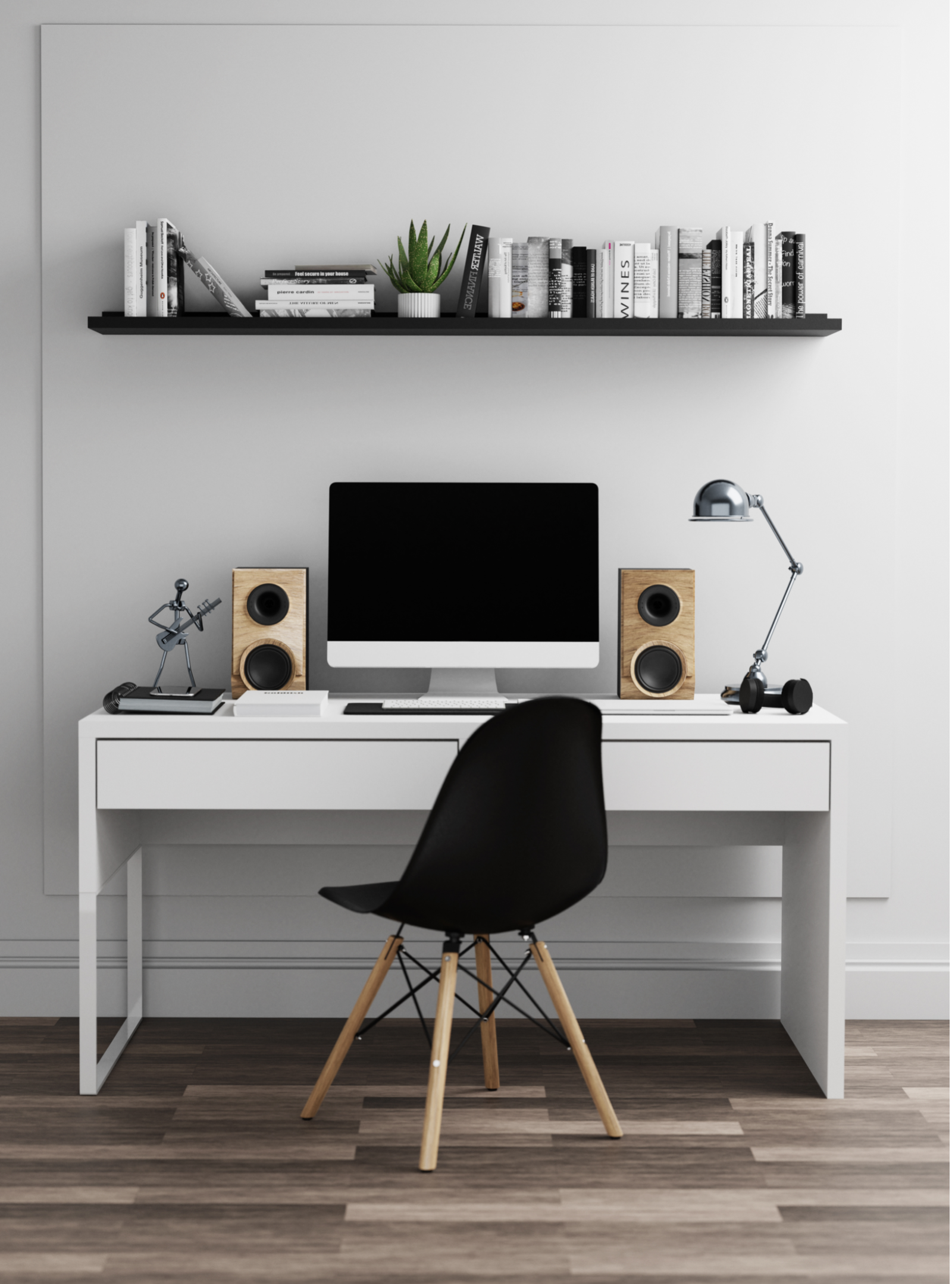Working remotely, otherwise known as “working from home”, has had a dramatic effect on life in general. Specifically, it has an impact on the housing industry because some people are looking for bigger homes, some people are looking for even more remote “homes” and some people are downsizing — or becoming first-time home buyers and working remotely in modest properties — to help face the economic realities of today.

It’s all the result of the pandemic, of course, and if you’re wondering why virtually every industry is facing staff shortages, perhaps the answer begins with the number of people who are now working remotely. If they can find jobs allowing them to work from home, they may be leaving jobs that require an on-site presence.
How many? Who knows?
Shopping for the most desirable location from which to work remotely could mean selling your home and moving into your cottage, previously occupied only when you were on vacation. As long as it has reliable online access and is suited for year-round living, it’s an option.
The statistics will be revealed, eventually. In the meantime, if you see recreational property prices escalating or sellers entertaining multiple offers, working from home just may have something to do with it. And if rural home prices are on the rise while urban prices are softening, the appeal of working remotely is likely to be a factor.
There is already evidence in the housing industry that one of the first questions from buyers who view a property is: “Where’s the home office?”